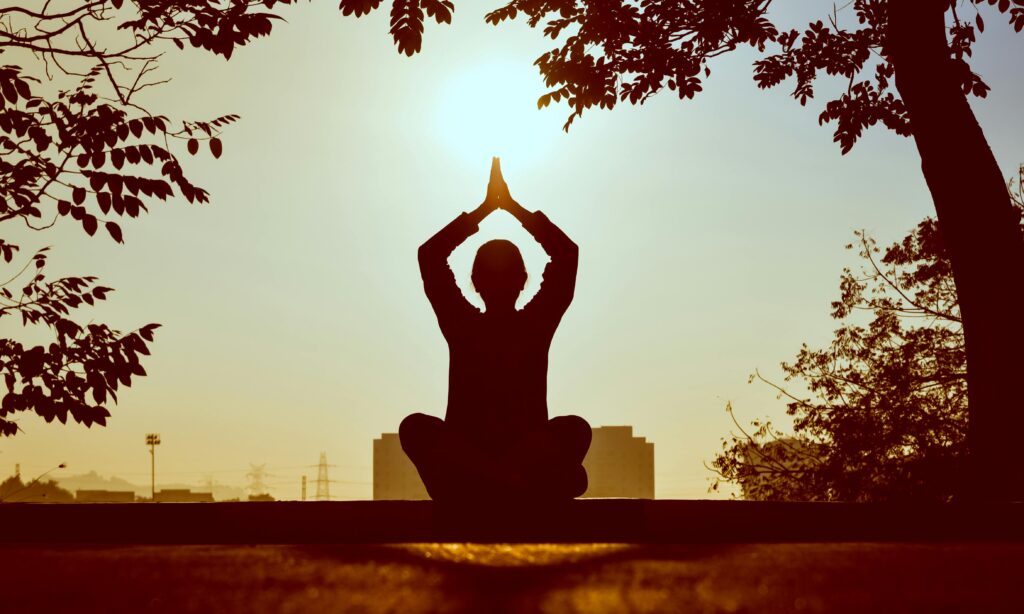Whether you’re a health coach, wellness professional, caregiver, or any other kind of helper in the world, you’re likely no stranger to burnout. Pouring your heart into the wellbeing of others day after day is enormously fulfilling, but also enormously draining – physically, mentally, and emotionally.
And you’ve likely seen firsthand the heavy burdens shouldered by healthcare workers as they struggle with overwhelming stress, trauma, and emotional exhaustion on the job. For doctors, nurses and medical staff, the burnout crisis is staggering. They’re overstressed, overworked, and stretched to the limit caring for patients. The trauma they absorb fuels high rates of substance abuse as they try to numb their pain and emotional exhaustion. A shocking 42% of physicians experience burnout, according to the Journal of the American Medical Association.
But there’s a simple solution that can help revitalize caregivers: meditation.
Meditation provides powerful, scientifically-verified benefits for the mind, brain, and body. Studies demonstrate meditation’s profound impact in protecting caregivers from burnout while promoting resilience and emotional wellbeing. Different styles of meditation like mindfulness, focused attention, and transcendental meditation have all shown positive effects.
WHAT IS MEDITATION?
Meditation refers to a variety of practices that promote relaxation, build internal energy and awareness, and cultivate focus and insight. Some types use mantras, others focus on the breath, and some employ guided visualizations or mindfulness of the present moment. While techniques vary, the common goal is to induce a state of inner peace and awareness.
WHAT ARE THE BENEFITS?
Research shows meditation can reduce anxiety, depression, insomnia and other burnout symptoms in caregivers while increasing their sense of personal accomplishment and emotional balance. Studies find it dramatically relieves burnout, with participants reporting feeling more relaxed yet focused.
While research has centered on healthcare workers, there’s every reason to believe meditation would produce similar benefits for all caregivers and helpers who selflessly serve others. No matter your role, taking on your clients’ and patients’ struggles can be depleting. Meditation can help you recharge and keep your energy reserves replenished so you have more to give.
HOW TO GET STARTED?
One of the most beneficial ways to begin is by seeking out a meditation group or community class in your local area. Meditating collectively with others can be extremely powerful – regulating your breath and energy field with those around you. Sharing that experience helps build momentum and accountability.
Local yoga studios, community centers, churches, libraries, and rec centers often offer free or low-cost meditation gatherings. Check their schedules for guided group sessions or open studios where you can practice. If you can’t find an in-person option nearby, there are many free or very low-cost apps, YouTube videos, and online resources that can instruct you in different meditation styles and techniques from home.
The most important step is to simply begin exploring what styles and techniques feel accessible and resonate with you. Consistency is key. Even setting aside 5 minutes per day can provide much-needed rejuvenation.
If your life’s work involves tending to others, don’t let burnout drain you. Meditation offers a powerful antidote to replenish your energy from within. Prioritize this simple yet profound practice of self-care and you will have the ability to continue showing up fully for those who need you most.
